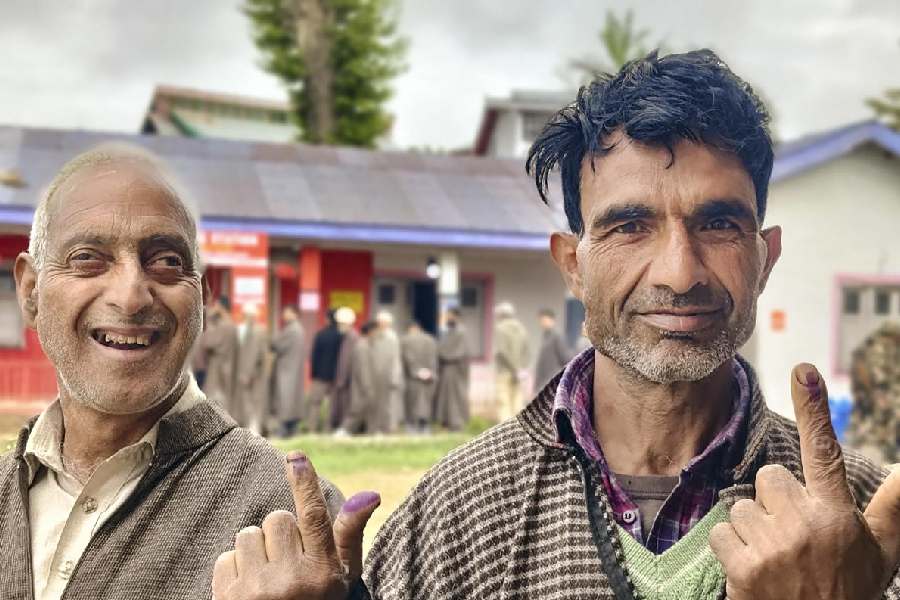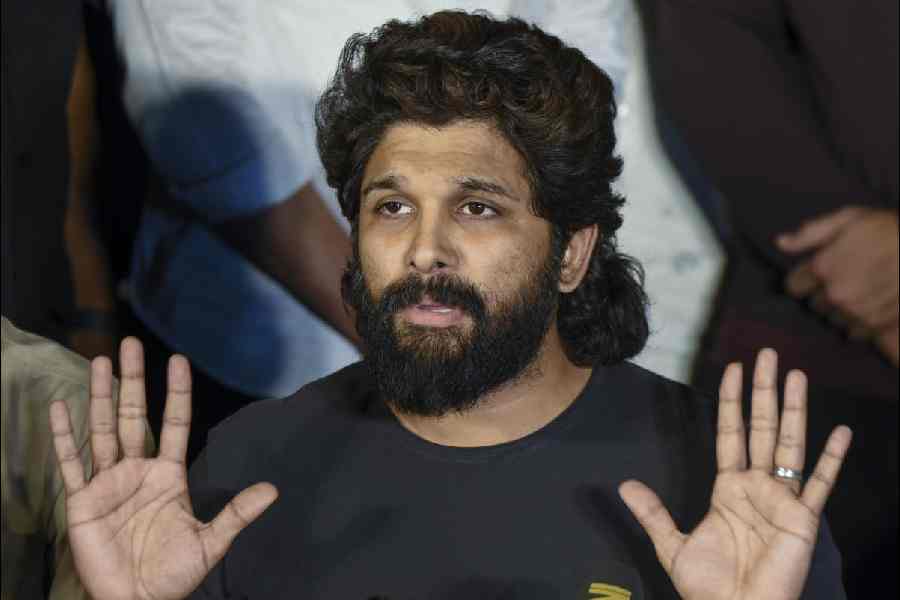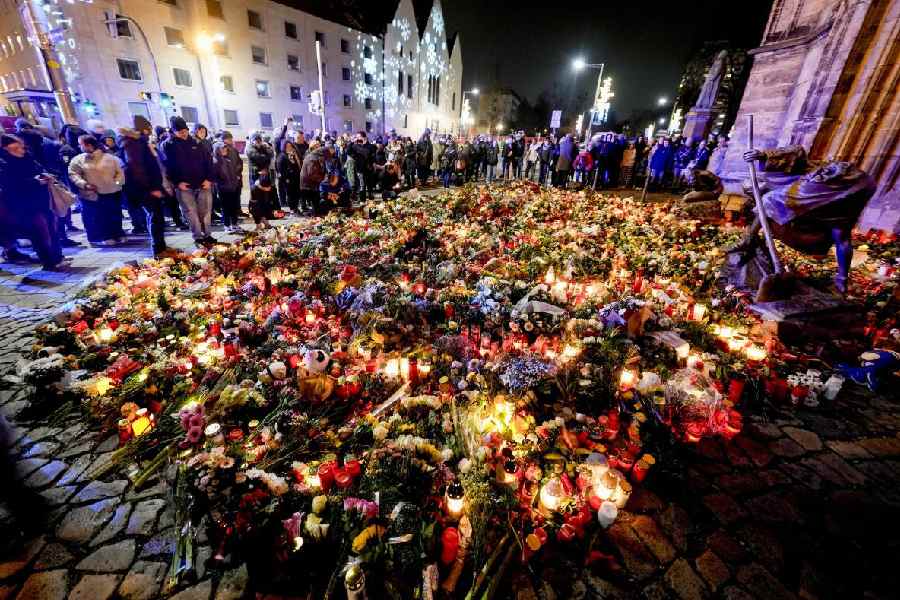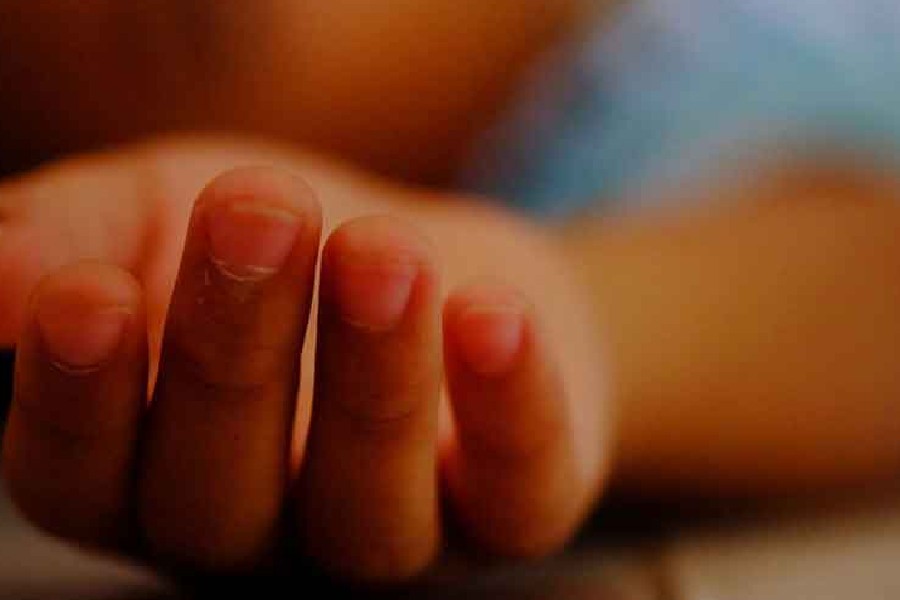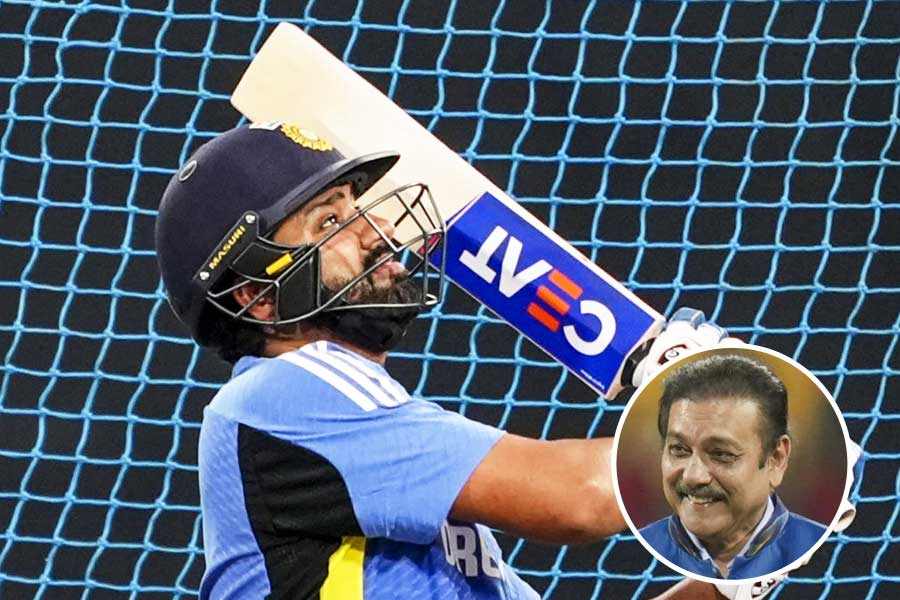The final journey of Kashmir’s transition to disempowerment, with the state dismantled and shorn of its special status and residents losing their right to dissent, had started from this nondescript village, barely 25km from Srinagar, when a 20-year-old local youth blew up a bus ferrying CRPF personnel.
That afternoon on February 14, 2019, Adil Ahmad Dar, the suicide bomber, rammed his explosive-laden car into a CRPF convoy, killing 40 jawans before blowing up a bus and damaging some more.
Dozens of residents of this village, including the bomber’s parents, lined up outside the polling booth early on Monday to cast their votes, trying to break their suffocating silence through ballots.
By noon, Kisirgam, where the family voted, had a 20 per cent turnout. That may look modest but it is impressive compared to 2019 when a lone purported voter here was a woman from Bengal, married to a local.
The Srinagar seat recorded a modest turnout of 38.3 per cent, the highest since 1996 (40.9 per cent) and a marked improvement from 14 per cent in 2019.
Many residents of the old city, the "boycott hub" of Kashmir, too came out to vote registering a turnout of more than 10 per cent, largely living to its "steer-clear-of" reputation and apparently unwilling to trust the main contenders National Conference (NC) and Peoples Democratic Party (PDP) despite their high-pitched campaign promising a fight for restoration of pre-2019 status.
At her Gundibagh residence, Adil’s mother Hameeda Bano, found tilling her kitchen garden after casting her vote, shivered at the sight of a stranger entering her house.
“My heart beats fast as I fear there could be some more trouble knocking on our door. I am pained by what happened to my son but what he did was wrong. We have had no peace all these years. My elder son is a carpenter but my younger son is a graduate and jobless. Nobody offers him a job and he can’t move out as he cannot get a passport,” Hameeda told The Telegraph.
The mother said Adil had gone missing one year and 11 days before he blew himself up on February 14.
“That day he offered prayers and took a nap inside. It was quite normal. Then he said he had some work outside, only to disappear. In all this time, he came only once, accompanied by some Pakistani djins (contemptuously calling them demons). He stayed here for a few seconds and left. On that fateful day, it was daytime and we were sleeping inside when someone told us that there was a big explosion and he was involved,” she said.
The bombing brought India and Pakistan to the brink of war, leading to aerial strikes by the two nations on each other's territories.
Mohammad Jabbar Dar, an elderly neighbour standing nearby and listening impatiently to Adil’s mother, said Kashmir lost its status because of the bombing.
“People in Kashmir tell us Gundibagh cost us Article 370. We know it was their (BJP's) old agenda to scrap it but it could have been the immediate trigger,” he said.
Adil’s family said their ordeal perhaps would never end.
One of Adil’s cousins picked up arms and was killed in a gunfight, another is in jail. Another elder cousin, also a militant, was killed years before Adil joined the ranks. The family has lost count of how many times they have been questioned. One night, they claim, some people placed dry grass around their house and set it on fire. Fortunately, the village woke up and doused the flames.
The mother believes this election could help them get back a normal life.
The issues of sadak, bijli, pani (road, electricity, water) have dominated the elections in the past but the chorus this time was it might redress some of their pain. It was perhaps the first election in decades when voters felt no fear and no group had called for a boycott.
The two main contenders, Waheed Para of the PDP and Aga Ruhullah of the NC, are banking on their pre-2019 status demand to succeed.
At Padgampora village in Pulwama, a 74-year-old resident said he had last voted in the 1997 Assembly elections that brought Farooq Abdullah to power.
“I was the youth block president of the NC for years up to 1989. After militancy, I almost quit politics and came to vote only once. This time I feel no fear. They (the separatist Jamat-e-Islami) put curbs on NC men from voting, though they would freely vote,” he said.
Few people came out to vote in Srinagar but the neighbourhood looked relaxed. Shops were shut but children were seen playing cricket in every locality. Aijaz Ahmad, a shopkeeper in his 50s, appeared jubilant after casting his vote for the first time.
“Please don’t click my picture but yes I have voted. I think not voting was not the right choice. We need to strengthen our regional parties to bring about a positive change,” he said.

